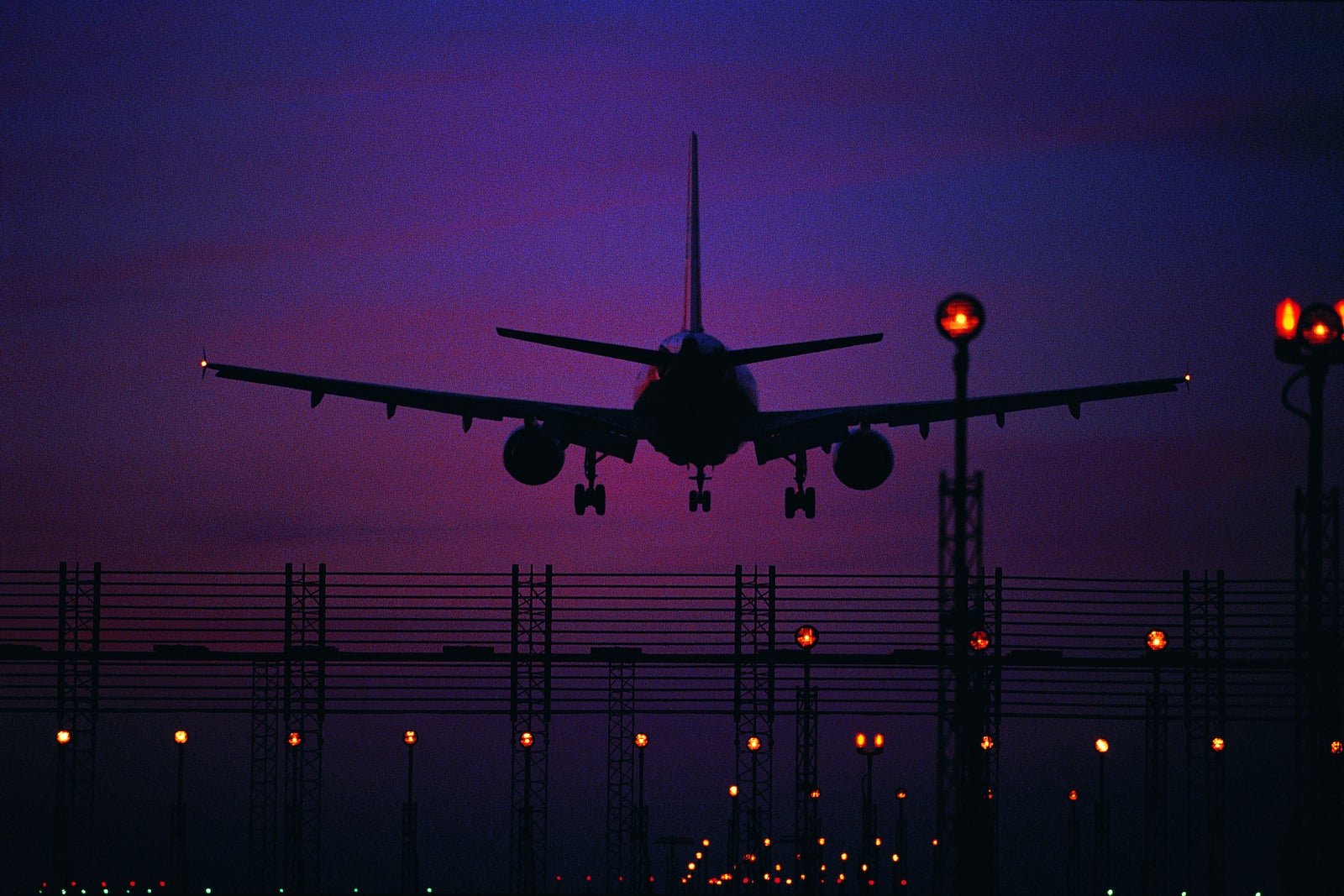Flight curfews, also known as night flying restrictions, are regulations that restrict takeoffs and landings at airports during nighttime hours. These curfews are in place at many airports, especially in Europe, and have become more common in recent years. The restrictions typically start an hour or two before midnight and last until early morning.
The main reason for these curfews is to address noise concerns. Jet engine noise can be disruptive to nearby residents, and airports aim to be good neighbors by limiting the noise generated by flights. However, air travel is a 24-hour operation, and these restrictions can pose challenges for airlines and passengers.
There are exceptions to curfew rules for emergencies and certain circumstances, such as bad weather delays. Airports have procedures in place to handle these situations and ensure the safety of passengers. However, in general, curfews are strictly enforced and can lead to flight cancellations or delays if a plane is at risk of violating the curfew.
Many airports around the world have implemented curfews, particularly in Europe. London’s Heathrow Airport, one of the largest airports in the world, operates under a “night quota period” between 11:30 p.m. and 6 a.m. During this time, there are limits on the number of takeoffs and landings permitted. Other airports with curfews include Gatwick and Stansted in London, Zurich and Budapest in Europe, and Sydney Airport in Australia.
In the United States, curfews are not as common as they are in Europe. While some airports have guidelines or rules regarding aircraft noise during late-night and early morning hours, outright restrictions are rare. One example is Ronald Reagan Washington National Airport, which has a noise rule in effect between 10 p.m. and 6:59 a.m.
If a flight is scheduled to comply with a curfew, passengers are unlikely to experience any disruptions. However, if a flight is delayed and risks violating the curfew, it may result in cancellations or rebooking passengers on the next day’s flight. This can cause significant disruptions to travel plans, especially for long-haul flights or trips abroad.
In conclusion, flight curfews are regulations that restrict takeoffs and landings at airports during nighttime hours. They are primarily in place to address noise concerns and be considerate of nearby residents. While there are exceptions for emergencies, curfews are generally enforced, and airlines must ensure compliance to avoid cancellations or delays. Passengers should be aware of curfew regulations when planning their travel, especially for overnight flights or trips to airports with curfews.

